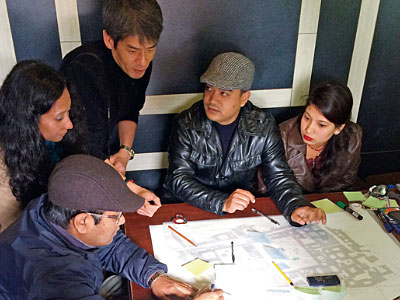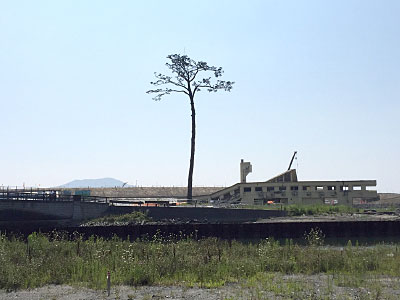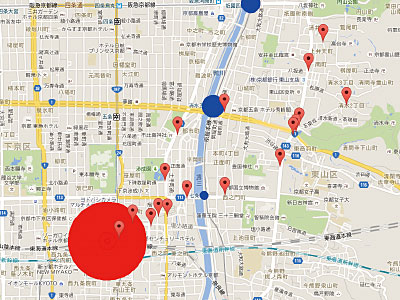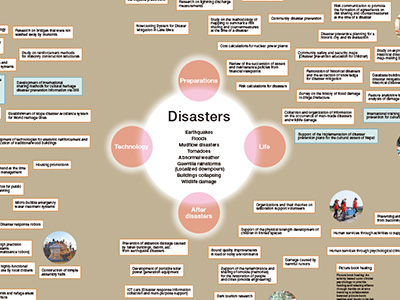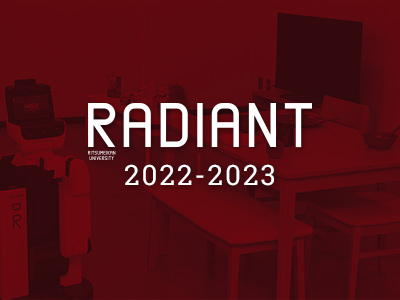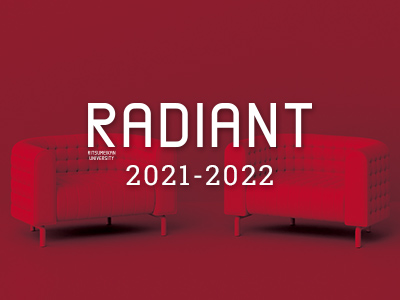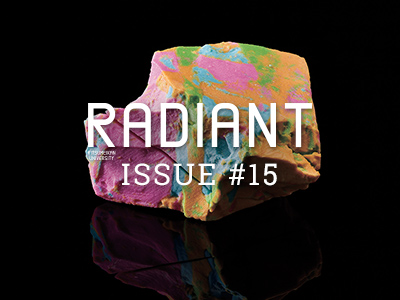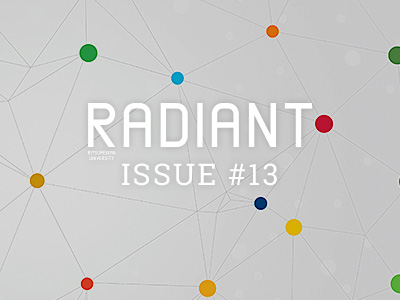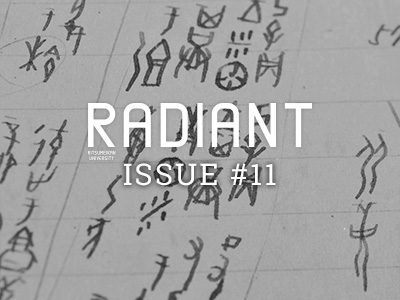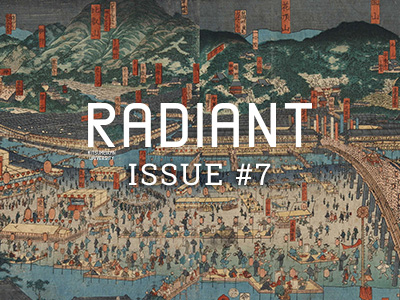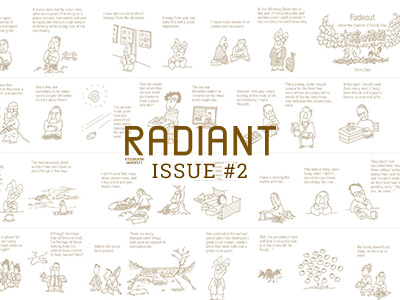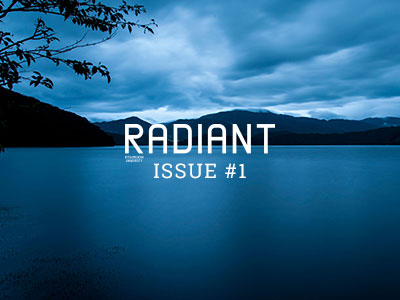STORY #2
Disaster prevention through the establishment of trust relationships, studied based on the perspective of accounting
Eri Kanamori
Professor, College of Business Administration
Analyzing accounting information to think through the pros and cons of nuclear power generation
Should nuclear power reactors in Japan be restarted? Or, is it a better choice for Japan to opt to quit using nuclear energy? Which would be the correct path for Japan to follow when moving towards the future? No social consensus on the issue has been reached so far.
The Great East Japan Earthquake on March 11, 2011 was one of the largest natural disasters in the history of Japan; whereas, the accident caused by the tsunami after the earthquake, in which a large amount of radioactive material was released into the environment from reactor 1 of Tokyo Electric Power Company’s Fukushima Nuclear Power Station, was a human-made catastrophe. An exclusion zone was established covering areas located within a radius of a few dozen kilometers from the nuclear power plant. Even today, five years after the earthquake, there are still many areas designated as no-go zones.
After the earthquake, nuclear power reactors across Japan were shut down one after another. In August, 2015, reactor No. 1 at Kyushu Electric Power Company’s Sendai Nuclear Power Station in Kagoshima Prefecture was restarted, marking the end of a nuclear-power-free period in Japan that had lasted about two years. There are still many people expressing opposition to the restart of the nuclear power reactors, as well as strong calls for anti-nuclear power activities. With many recently released predictions showing a high risk of a powerful earthquake occurring in Japan in the immediate future, a difference of opinion still exists as to the pros and cons of the existence of nuclear power plants.
Offering a new point of view for this nuclear power issue, Eri Kanamori said, “The root cause of the issue lies in the loss of a trust relationship between the electric power companies and the public.” Kanamori is one of the few researchers who are dealing with nuclear power, natural disaster and environmental issues based on an innovative perspective using accounting rather than traditional methods.
Kanamori believes that there is a single keyword, “Trust Relationship,” linked closely between “Disaster Prevention” and “Accounting,” both of which seemingly have no relation to each other. She said, “Regional disaster prevention, for instance, can be accomplished as a result of established mutual-trust relationships. The local people’s efforts to divide their own responsibilities in preparation for future disasters can help further enhance their disaster prevention capabilities. Trusting each other is essential when asking other people to assume some important role in the face of the threats of natural disasters endangering their lives.” Accounting is used as a way of mediating the trust relationship between companies and their stakeholders. Accounting information serves as an indicator to help investors judge the reliability of companies when purchasing their shares or when banks judge the creditworthiness of companies when providing them loans. If it comes to light that companies fraudulently manipulate their accounting information, their trust relationship with stakeholders is shattered.
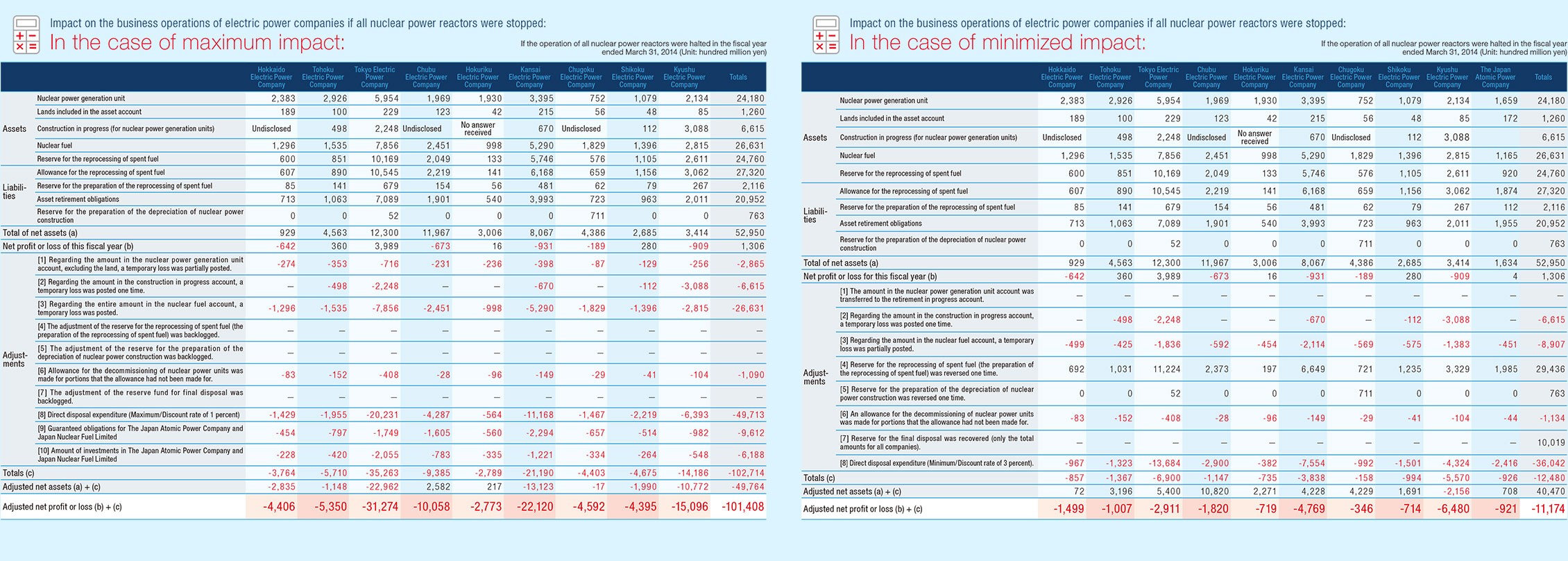
Kanamori said, “It is a trust relationship that electric power companies operating nuclear power plants and their stakeholders, the public, must construct with each other, too. There are still many people turning a skeptical eye to nuclear power plants, which reflects the public’s deep-rooted mistrust of the government’s nuclear energy policy and the electrical power companies.” To prove her opinion, Kanamori has found out what has caused many people to develop such a skeptical attitude by analyzing the electric power company accounting information.
The abolition of nuclear power generation would lead to a business failure for the electric power companies, dealing a severe blow to the Japanese people and economy. This notion is often cited as an excuse to justify the active promotion of the restart of nuclear power reactors. Kanamori, raising objections to this notion, has carefully studied the earnings summaries and securities reports for the fiscal year that ended on March 31, 2014 of nine electrical power companies in Japan. Based on the assumption that these companies were to withdraw from the nuclear power business right now, she objectively calculated the amount of the temporary loss that each company would post. The calculation results estimate that the total temporary loss for each of these nine companies would range from one trillion yen to ten trillion yen. Kanamori conclusively said, “Seven electric power companies, excluding Hokkaido Electric Power Company and Kyushu Electric Power Company, would not be insolvent if the operations of all their reactors were halted right now. I estimate that even if these companies reported a loss of ten trillion yen, they would not go bankrupt as long as they are able to receive a subsidy from the government to partially compensate for their losses.
The recent report by Kanamori strongly indicates that the accounting information concerning the nuclear power generation businesses that has been released by the electric power companies has been distorted. Analyzing this distorted accounting information thoroughly, she has examined how different the reality is from the accounting information released regarding nuclear power generation, which has been calculated based on the “foregone conclusion” doctrine that is often used to justify the need for nuclear power generation.
She said, “It is not until this distorted accounting information is corrected that the public distrust of the promotion of nuclear power generation will be dispelled. Building a trust relationship with electric power companies enables people to put their faith in the companies’ management policies and judgment. A key to the prevention of a similar tragedy depends on how much reliance people can place in the electric power companies when taking action in the event of the recurrence of a natural disaster.”
In her studies, Kanamori clarifies what problems exist in regard to the accounting information on nuclear power generation. The studies reflect her desire for a disclosure of faithful, undistorted accounting information to sustain public confidence in nuclear power generation.
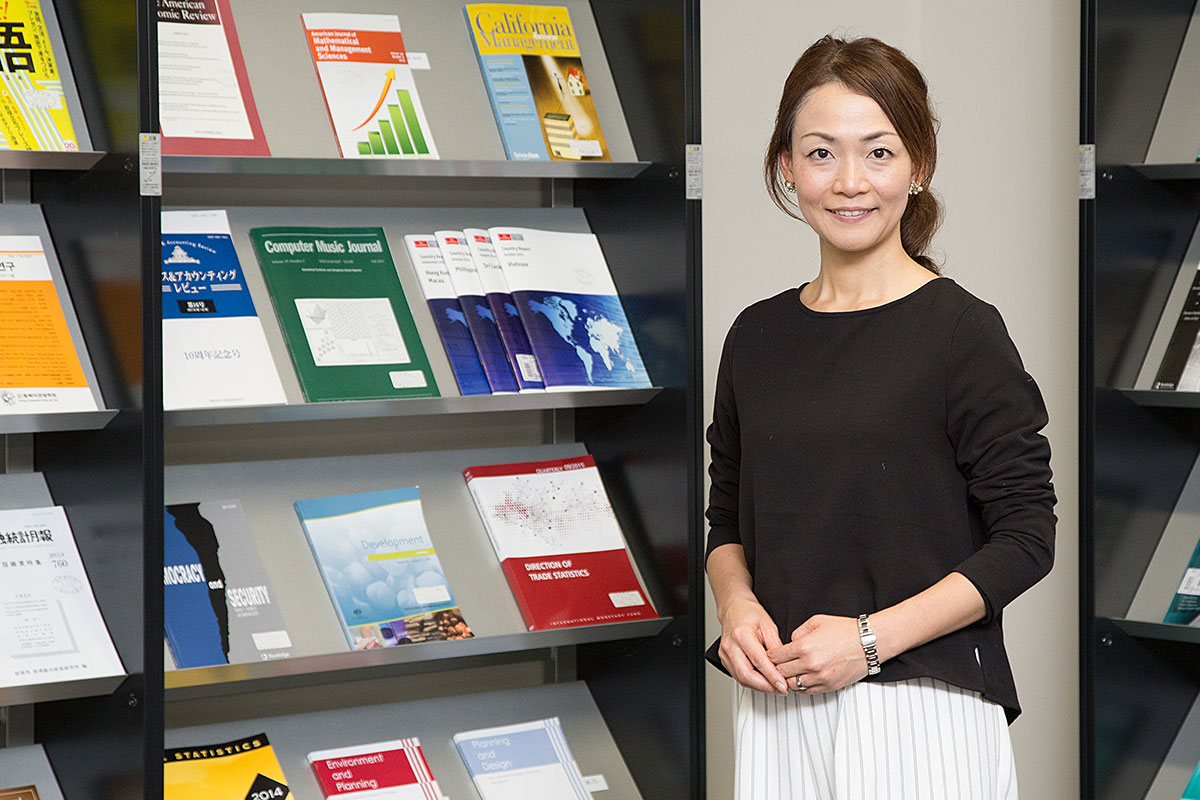
Eri Kanamori
Professor, College of Business Administration
Subject of Research: Nuclear Power Generation and the Relevant Accounting System, the Development of Group Accounting in the United Kingdom
Research Keyword: Accounting
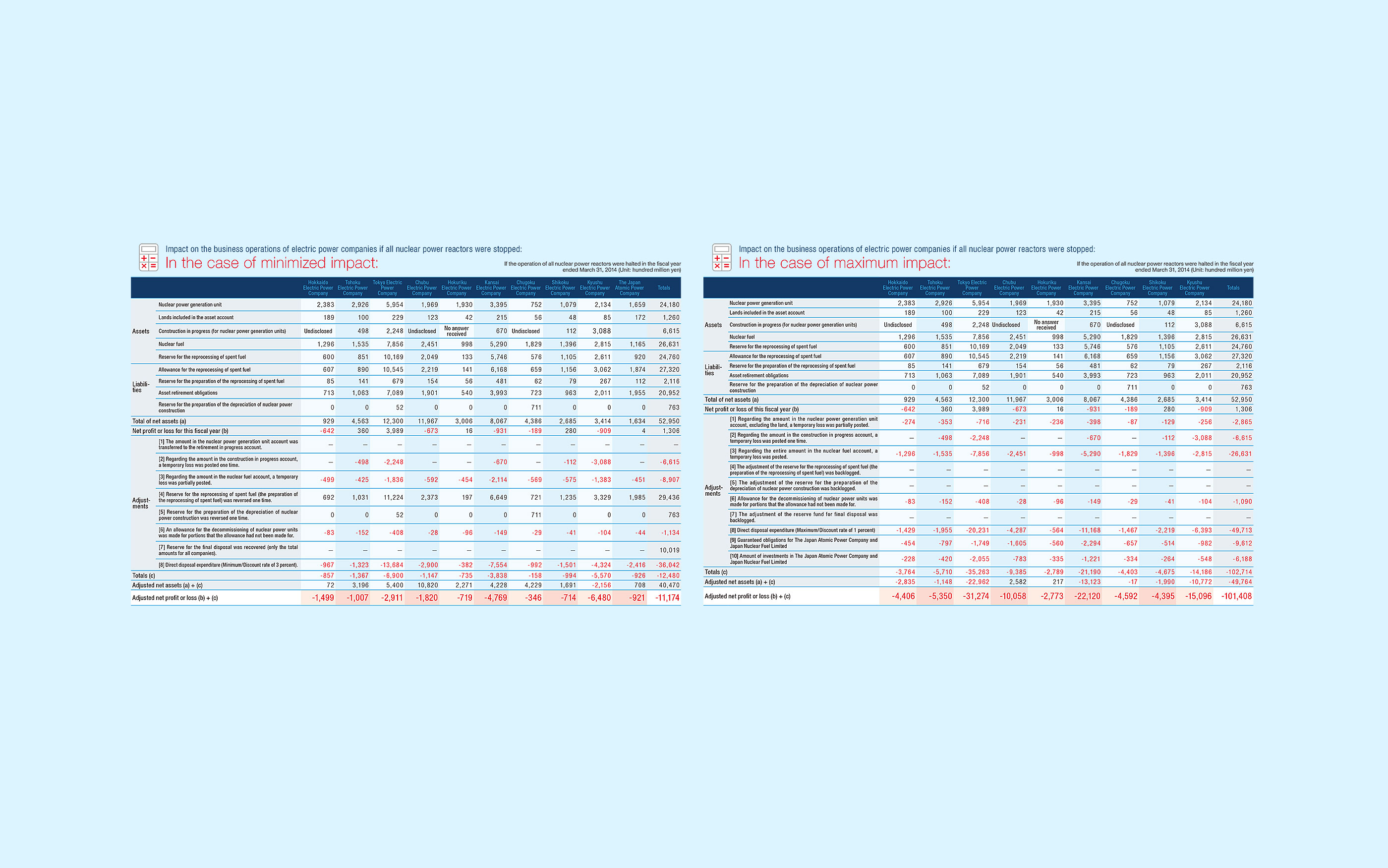
![Impact on the business operations of electric power companies if all nuclear power reactors were stopped[PDF]](/research/radiant/eng/assets/img/disaster/story2/radiant-disaster-story2-img-03.jpg)
